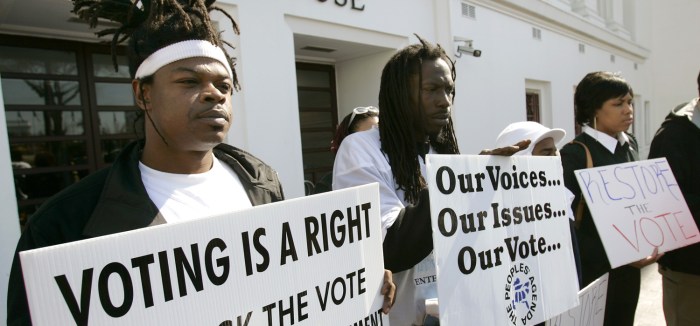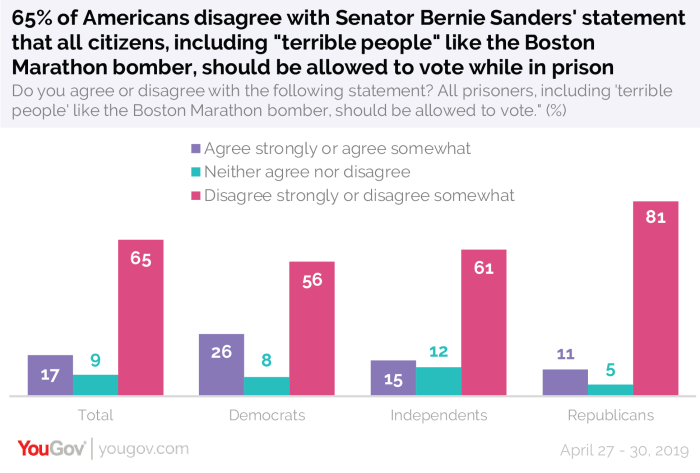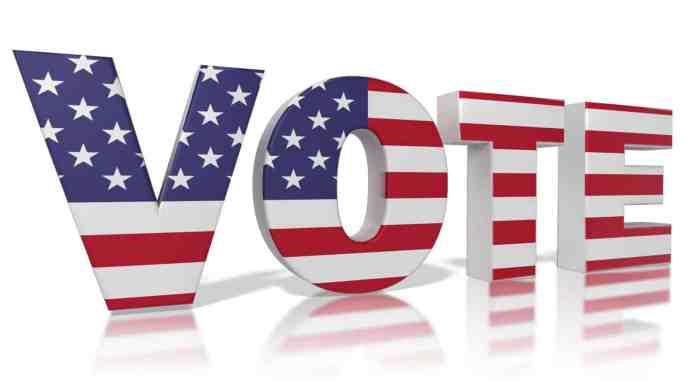Should felons be allowed to vote essay – The question of whether felons should be allowed to vote has ignited a fierce debate in the United States, with profound implications for both the criminal justice system and the democratic process. This essay delves into the historical, constitutional, social, and political dimensions of felon disenfranchisement, examining the arguments for and against restoring voting rights to those who have committed felonies.
Should Felons Be Allowed to Vote?: Should Felons Be Allowed To Vote Essay

Felon disenfranchisement, the practice of denying voting rights to individuals convicted of felonies, has a long and controversial history in the United States. This essay will examine the historical context, constitutional arguments, social and political implications, rehabilitation and redemption, international perspectives, and arguments for and against felon disenfranchisement, providing a comprehensive analysis of this complex issue.
FAQ Compilation
Does felon disenfranchisement violate the Equal Protection Clause of the Fourteenth Amendment?
The Supreme Court has ruled that felon disenfranchisement does not violate the Equal Protection Clause if it is narrowly tailored to serve a legitimate government interest, such as preventing voter fraud or ensuring public safety.
What is the impact of felon disenfranchisement on marginalized communities?
Felon disenfranchisement disproportionately affects communities of color, as people of color are more likely to be arrested, convicted, and incarcerated for felonies. This has a negative impact on political representation and perpetuates cycles of poverty and inequality.
Can felon disenfranchisement hinder rehabilitation and redemption?
Critics argue that felon disenfranchisement can hinder rehabilitation and redemption by making it more difficult for felons to reintegrate into society and rebuild their lives.

